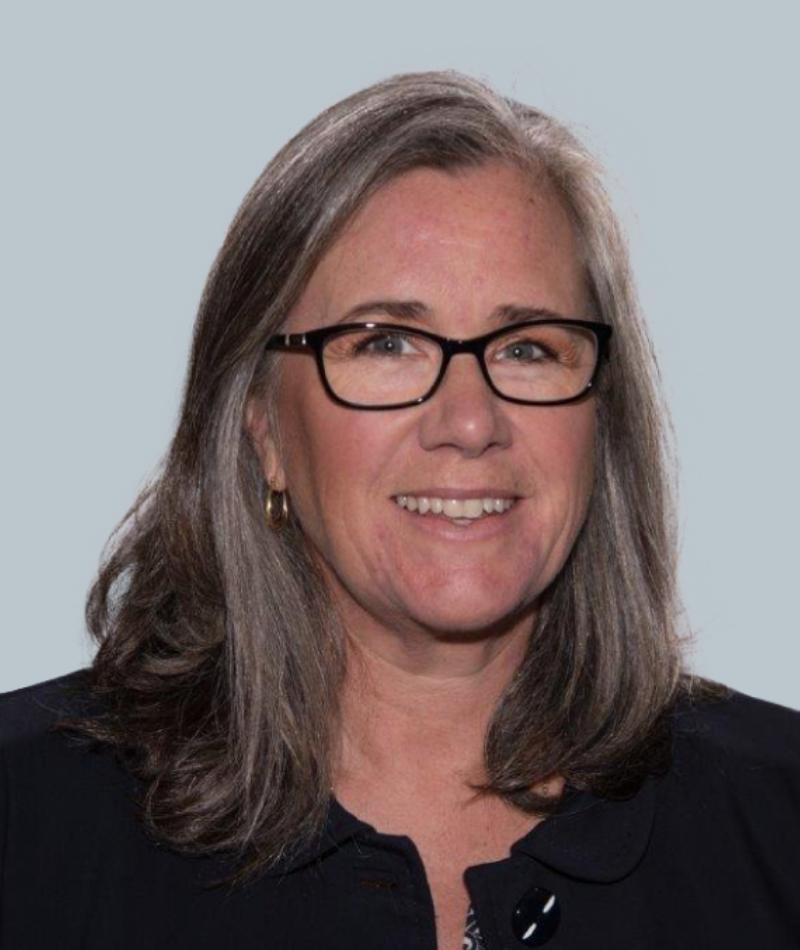
National Housing Conference - meet the speaker
Ms Jennifer Beveridge, CEO, Tenants Victoria
28 Feb 2022
The impacts of COVID on some groups of renters started very early, well before the first lockdowns that spread across Australia in mid-March 2020. For Jennifer Beveridge, CEO of Tenants Victoria, the events of those early days showed that people renting in the private rental market were facing problems service organisations like Tenants Victoria had never had to deal with before.
‘It started with the international students when they couldn’t get back into Australia from China in January 2020,’ says Jennifer. ‘As the rest of the community was grappling with the fallout from the terrible bushfires, the disaster that was unfolding on our doorstep was the rental issue because of COVID. We had a number of students that were stuck in China; the borders were closed and they couldn’t get back to start or end the tenancies on homes they had rented in Australia.’
‘It was the dilemma many were facing, but they weren’t dilemmas people had faced before. It was a whole new thing and we were struggling with what do we do? How do we help these people? What’s the solution here?’
COVID also brought Tenants Victoria a whole new group of clients, people who’d never needed such services before, many who had never really needed any social welfare service before.
‘With lockdowns, and the growing unemployment lines, we saw an increase in people who had previously been economically independent and now, suddenly, they were no longer independent,’ says Jennifer. ‘There was a new cohort of people who suddenly fell into disadvantage, experiencing hardship, who didn’t know how to seek help. That required us to do things in different ways; either they could help themselves with information on the website quickly or we could be more intentional in the way we helped people or directed people to other parts of the (service) system.’
‘The impact on our staff was profound. We’re a small organisation and often we only have two people answering the phones— they were having to work from home and we were all scared—they were copping abuse, stress, people in tears, but the people who were contacting us were concerned for the viability of their homes. And this is where “having a home is a social determinant of health” is a really critical thing, at no time more so than during a pandemic when we’re also being told to stay at home.’
‘That was the argument that we kept using with our advocacy efforts with State Government. We were advocating for an eviction moratorium and rent relief grant and all of the associated decision making that came with that on the basis that “you can’t stay at home if you don’t have a home”’.
As communities have opened up with COVID, Tenants Victoria is still seeing the devastating impacts of the pandemic on renters.
‘Soon after the end of the eviction moratorium we saw landlords pursuing the rent arrears that had mounted for some renters during COVID’, says Jennifer. ‘VCAT made an important decision, which was upheld in the Court of Appeal, that those arrears were payable. For many people that amount was around $12,000 to $15,000. At the same time, because of the impacts of COVID on VCAT, it can take over 12 months for tenants to get their bond back if there is a dispute. For people on low incomes, that really can prevent them having the bond to start another tenancy.’
Jennifer believes that Tenants Victoria has a key role to play in making changes for the better.
‘Part of the answer is us doing our job better. If we take our stories from the battlefield, so to speak, into relevant places, that’s us doing our part to contribute those insights, to influence policy, to work with others collaboratively, and to elevate the voice and the experiences of people who haven’t had the opportunity to share their stories enough before. In a way, the pandemic has allowed that to happen.’
Tenants Victoria is trying to reimagine how it can support the equation where both the renter and the rental provider have a fair balance of rights and responsibilities.
‘We’re an organisational that for a long time has done really good work and we want to connect externally and to leverage our experience in really sophisticated ways, to share what we know and to help to change the system for the better. Our interest is renters and we want to elevate their experience particularly around safe, secure and affordable homes. Based on our experience with thousands of renters every year we have a lot to contribute to the whole system rather than just at that legal pointy end. And what’s happened during COVID is that demand has escalated for our services, our support and our advocacy. How do we help so that the system works better for everybody.’
Jennifer will be presenting at the 2022 National Housing Conference in the session ‘No vacancy: private rental after COVID-19’, on Wednesday 2 March. Please visit the National Housing Conference website for more information.

